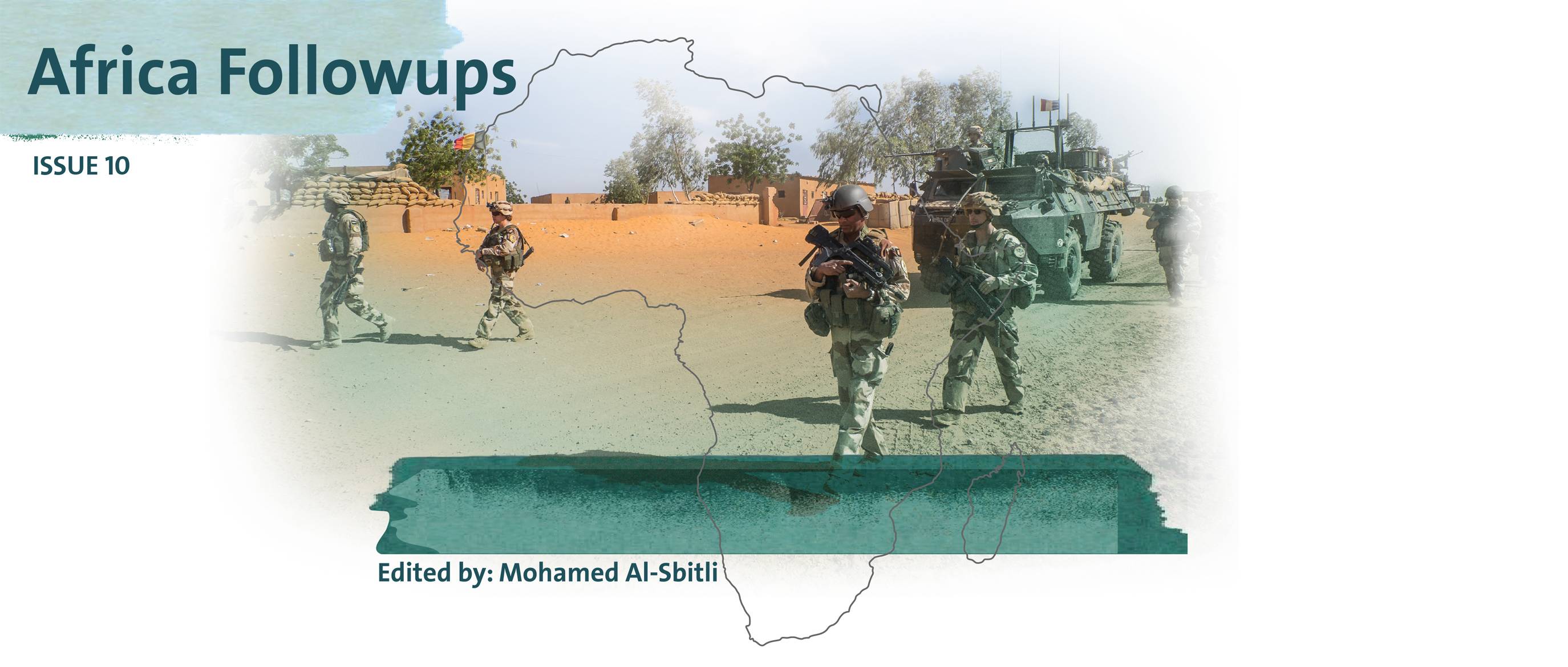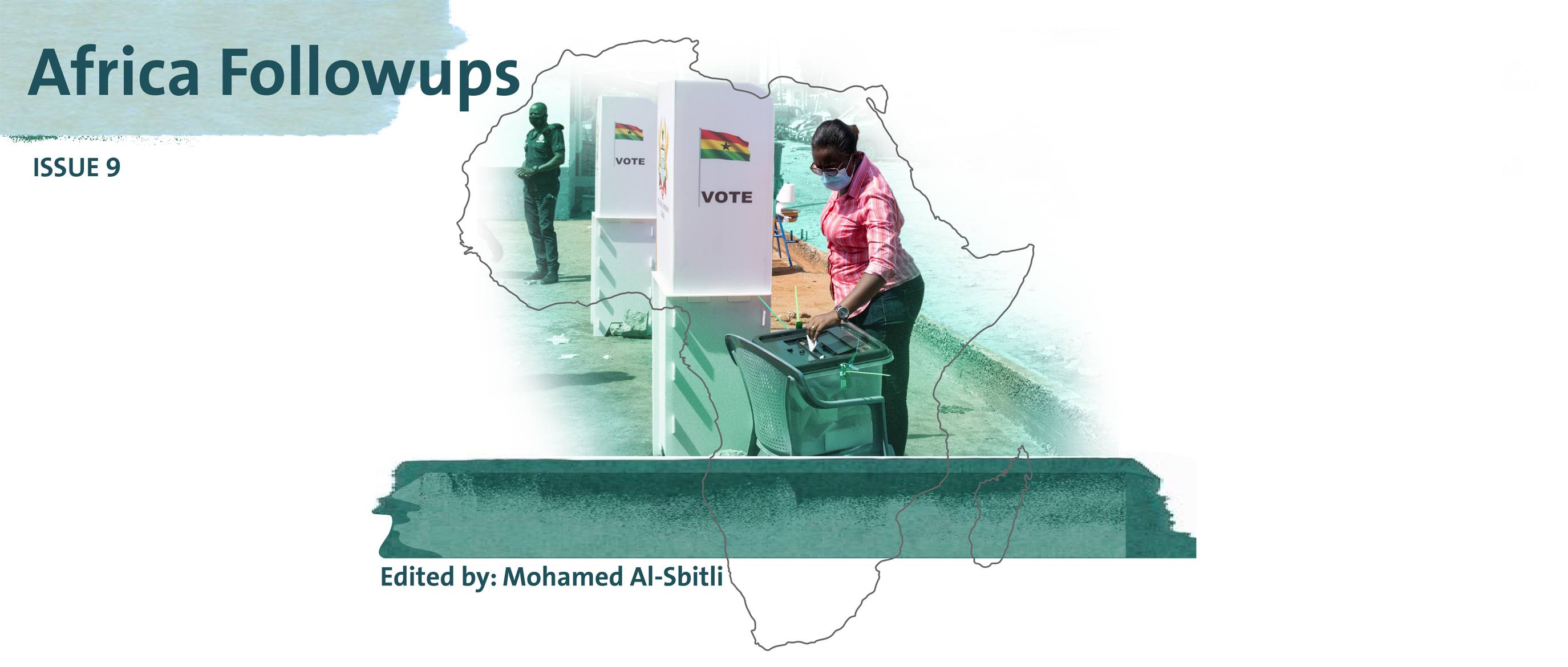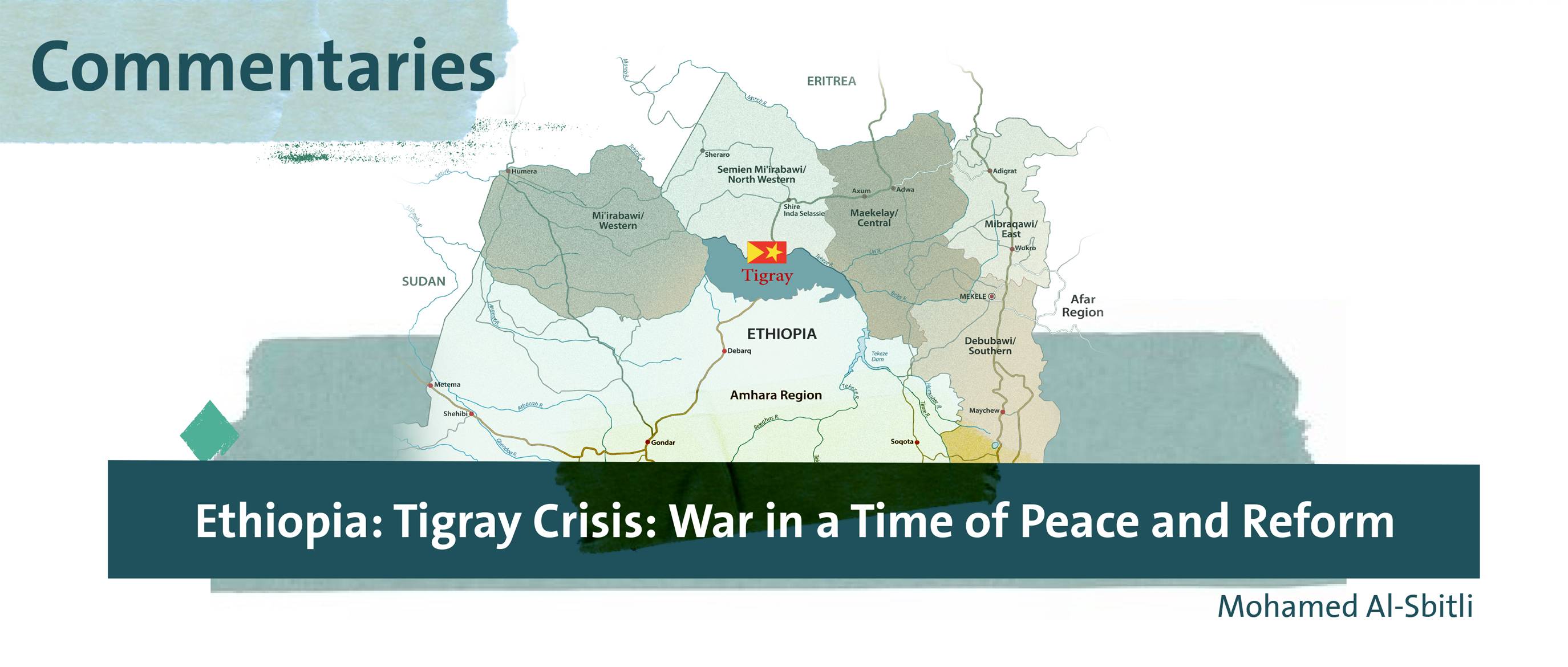Research Papers
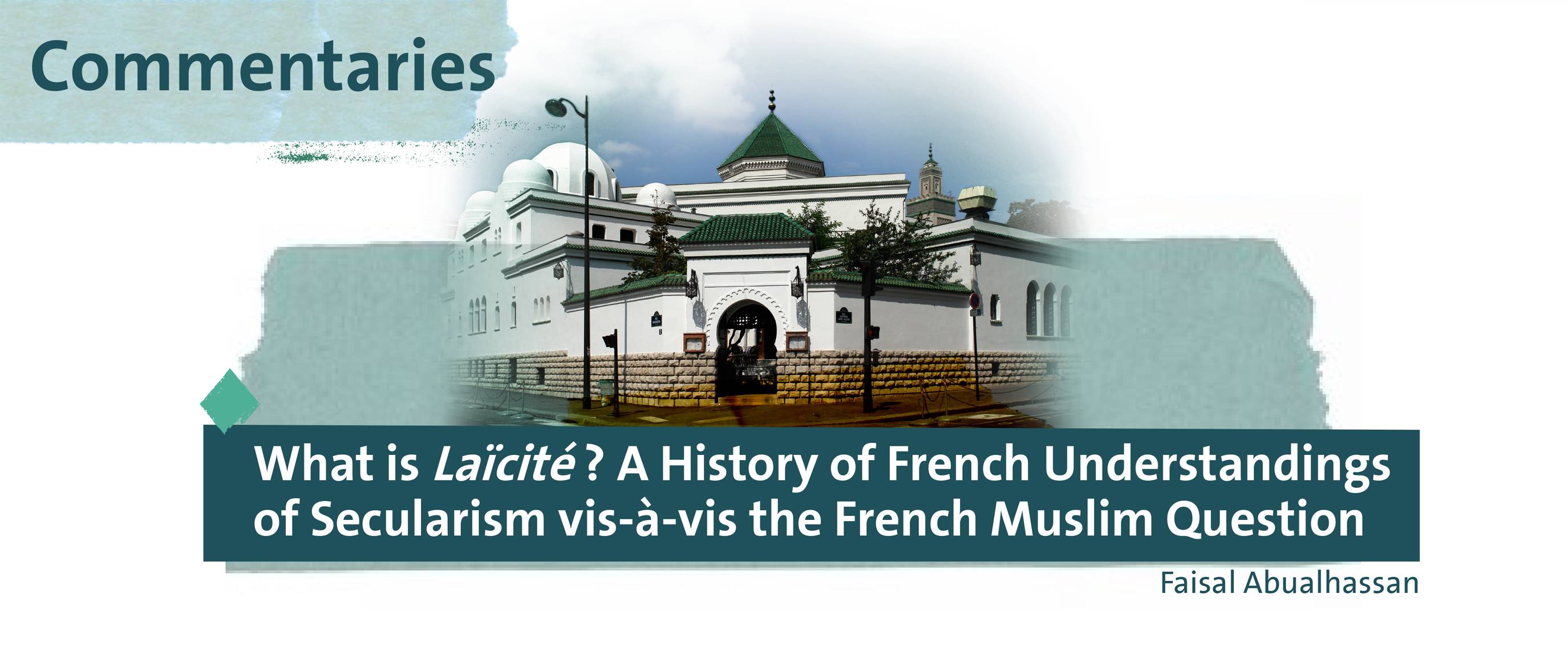
Number:
Author: Faisal Abualhassan
Recent debate about Islam in France and the discourses of French President Emmanuel Macron, following his October 2020 speech on the “fight against separatism” and his government’s calls for strengthened security laws to control French mosques following the beheading of the high-school teacher Samuel Paty in the same month, have seen the French president and his supporters rally around the need for “republican values” in French Islam, namely respect for laïcité, a word that is too often accepted in France as synonymous with secularism. This commentary seeks to clarify the concept of laïcité, both in French history in
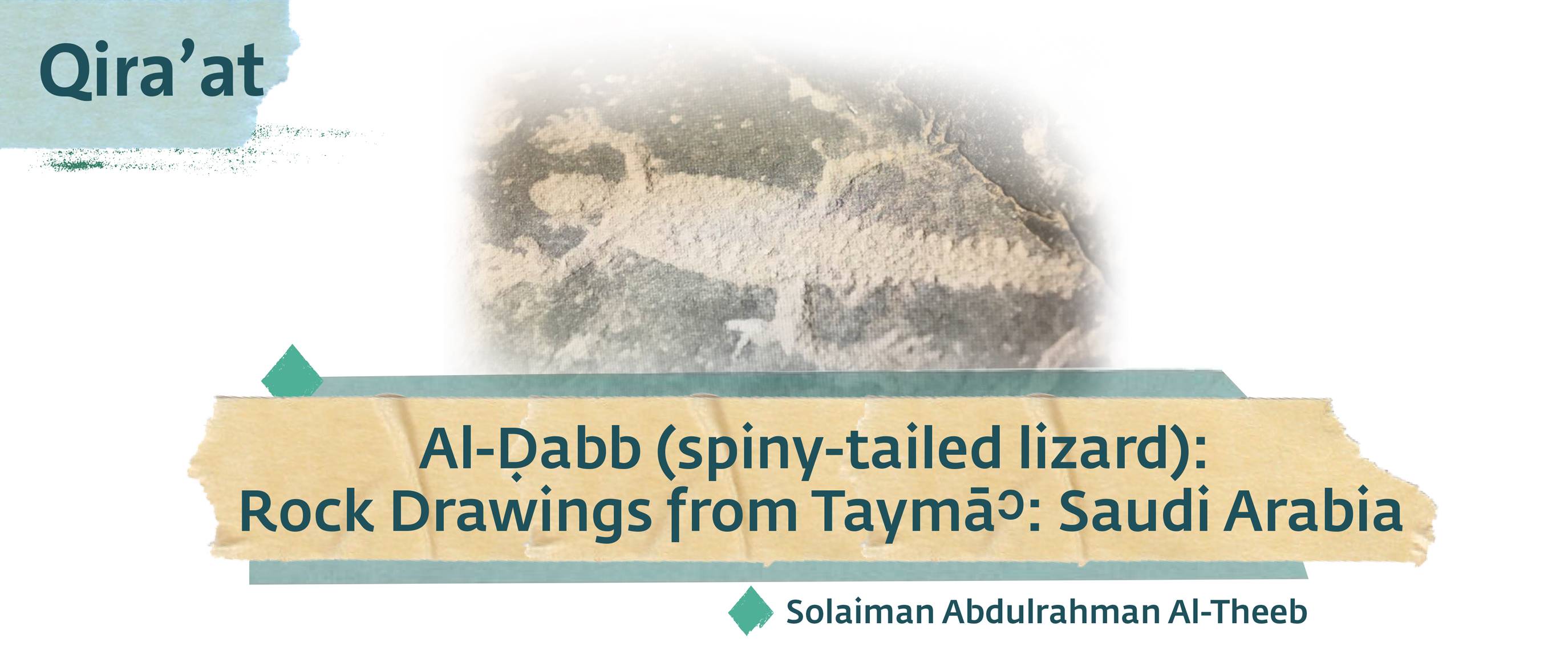
Number: 15
Author: Solaiman Abdulrahman Al-Theeb
This publication is available in Arabic only.
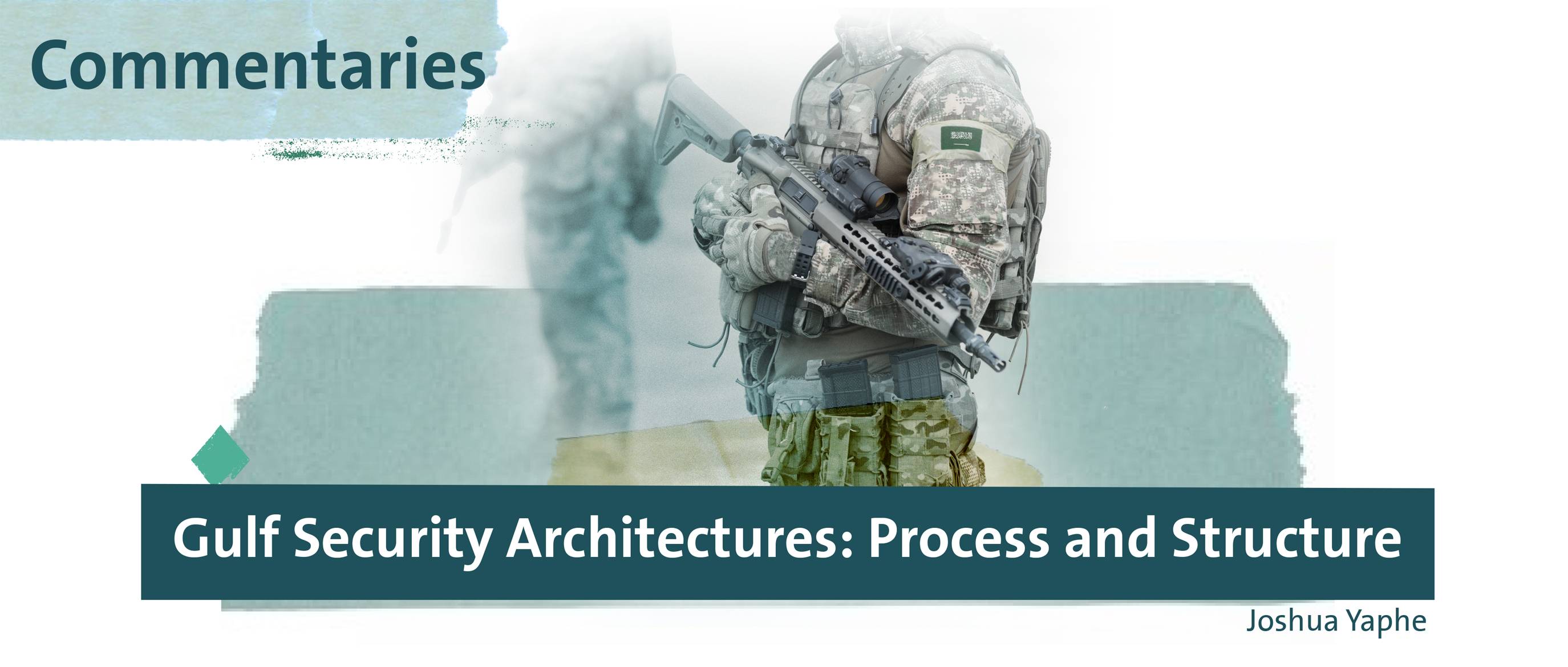
Number:
Author: Joshua Yaphe
With a transition in Washington, discussions in Western capitals will inevitably turn to the issues of how to deal with Iran, the Israeli-Palestinian conflict, the wars in Yemen and Libya, and so forth. Alongside those issues, almost underpinning some of them in a sense, is the matter of reassessing the security architecture in the Gulf and in the region more broadly. Policy planners in Western capitals will have their own ideas for desired outcomes in the region, but as they weigh their options they should consider how the format and structure of a security architecture can inadvertently shape and limit its effectiveness. The design and process of con
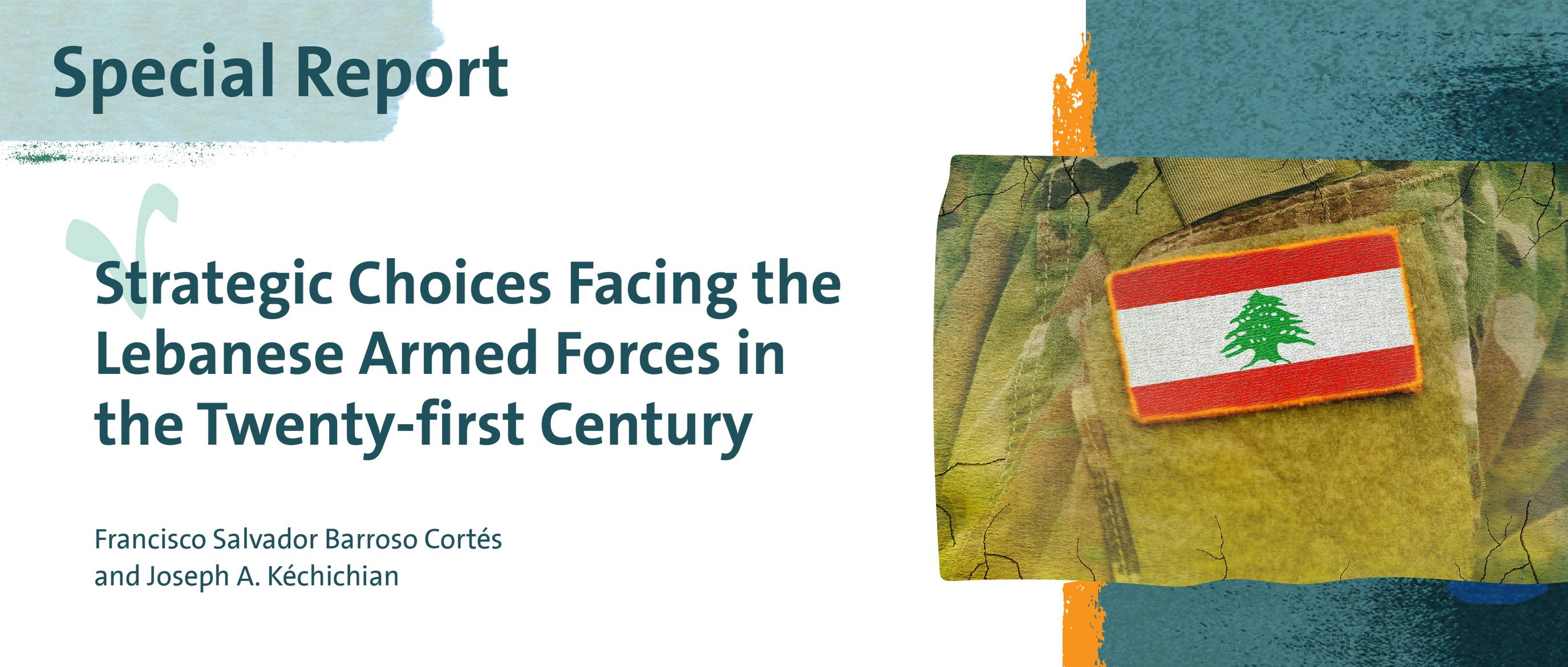
Number:
Author: Francisco Salvador Barroso Cortés and Joseph A. Kéchichian
With a dubious mandate, the Lebanese Armed Forces (LAF) remained a political football in the hands of wily politicians anxious to preserve cherished sectarian prerogatives, even if such steps proved to be detrimental both to the LAF as a military institution as well as the country. Notwithstanding their denials this excessive politicization benefitted senior LAF leaders since most staff officers aspired to higher, and often lucrative, positions, all of which required that they maintain very close connections with political elites, especially those from their own religious communities. This study examines what were the various pressures that compelled the LAF to transform itself
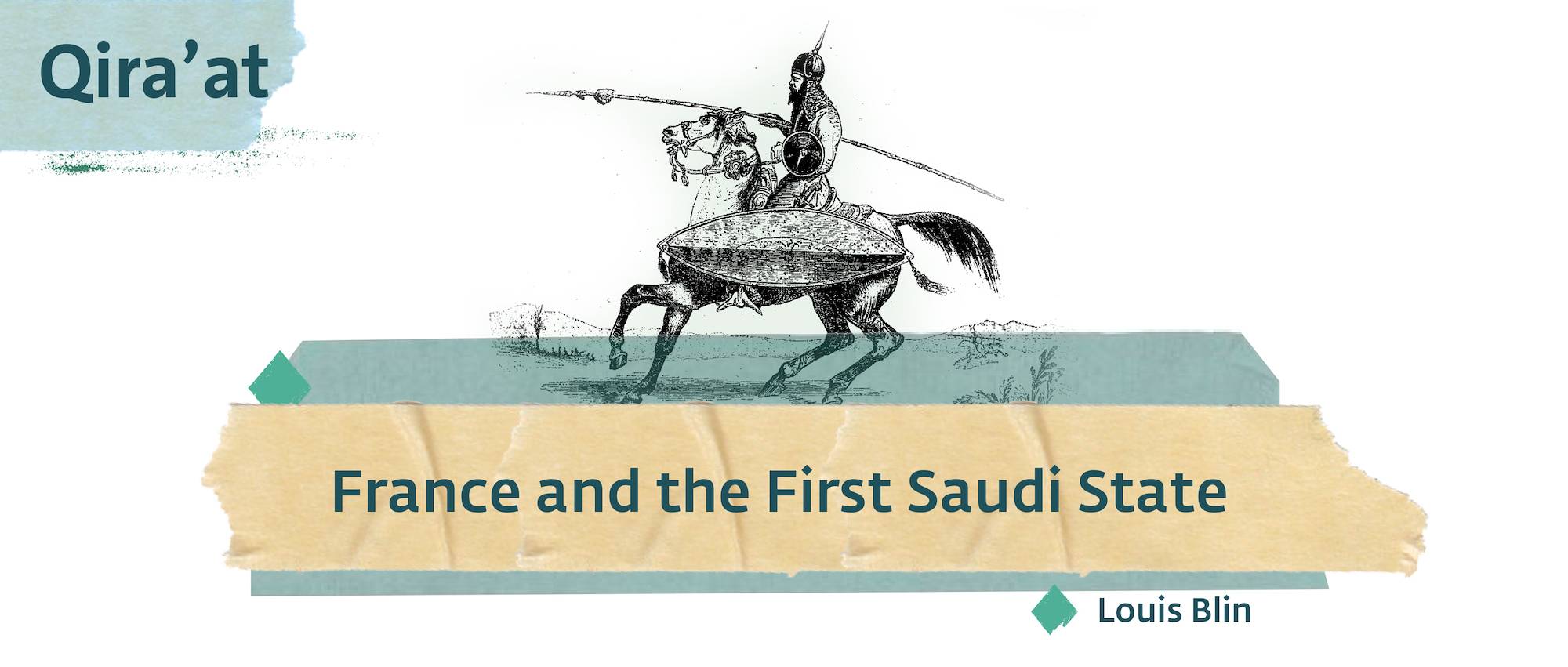
Number: 14
Author: Louis Blin
The emergence of the first Saudi state and its territorial expansion coincided with a period of weakening and internal crisis in France, resulting in a lack of interest in political developments in the Arabian Peninsula. But Bonaparte revived the French ambition of undoing the British hold on India by landing in Egypt in 1798. He then failed to forge an alliance against the British with the grand Sharif of Mecca. Once back in France, his interest in developments in the interior of Arabia shows that he was simultaneously exploring the land route to India. In 1803 he instructed his consul in Baghdad, Olivier de Corancez, to get in touch with the Amir Saud ibn Abdelaziz, in case th
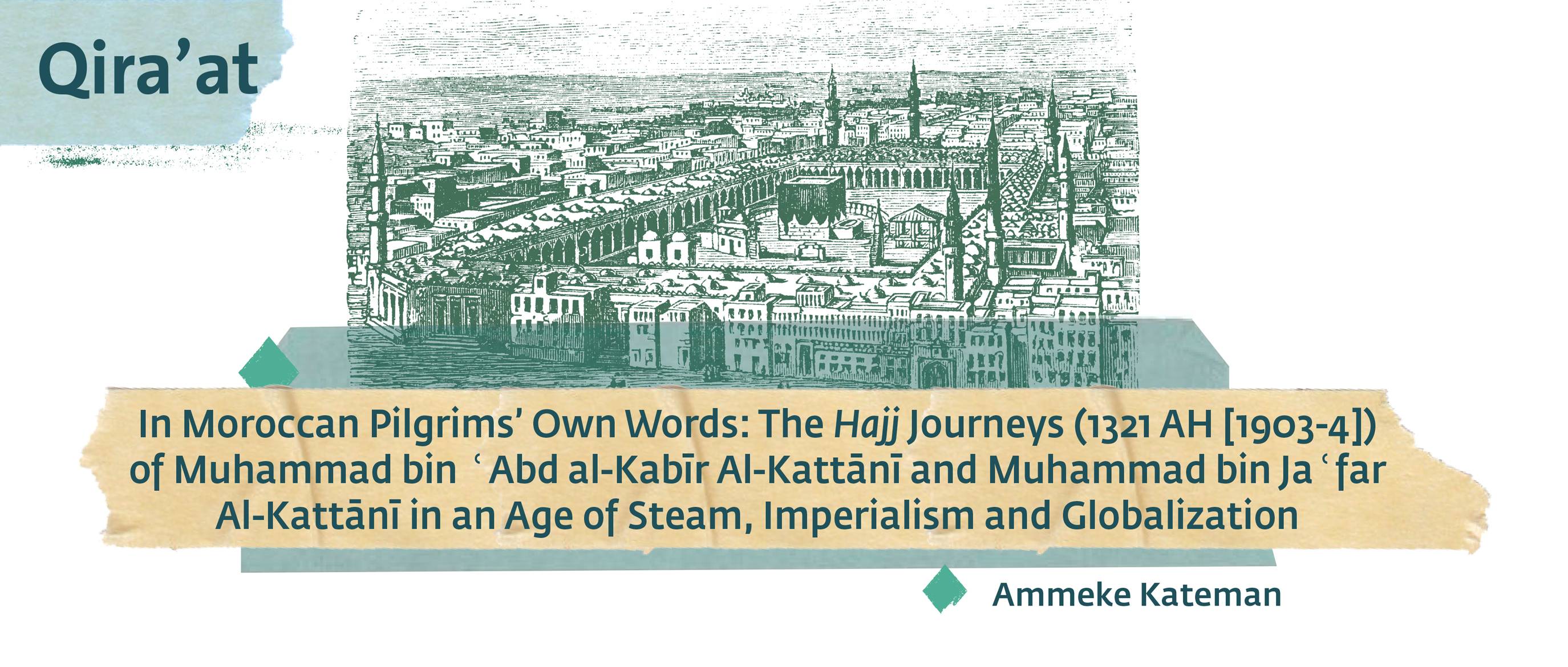
Number: 13
Author: Ammeke Kateman
This article analyzes a cluster of Moroccan ḥajj accounts – all related to the popular Kattāniyya Sufi order in Fez – to explore the role of the ḥajj and the Ḥijāz in these pilgrims’ own words, at a time when the experiences of imperialism, new technologies and globalization were inevitable for any Moroccan ḥajj traveller. Studying the accounts of the journeys of shaykh Muḥammad bin ʿAbd al-Kabīr al-Kattānī (1873-1909) (written by his follower ʿAbd al-Salām bin Muḥammad al-Muʿṭī al-ʿAmrānī) and his cousin, the ḥadīth-scholar and biographer Muḥammad bin Jaʿfar al-Kattānī (1858-1927), this article show
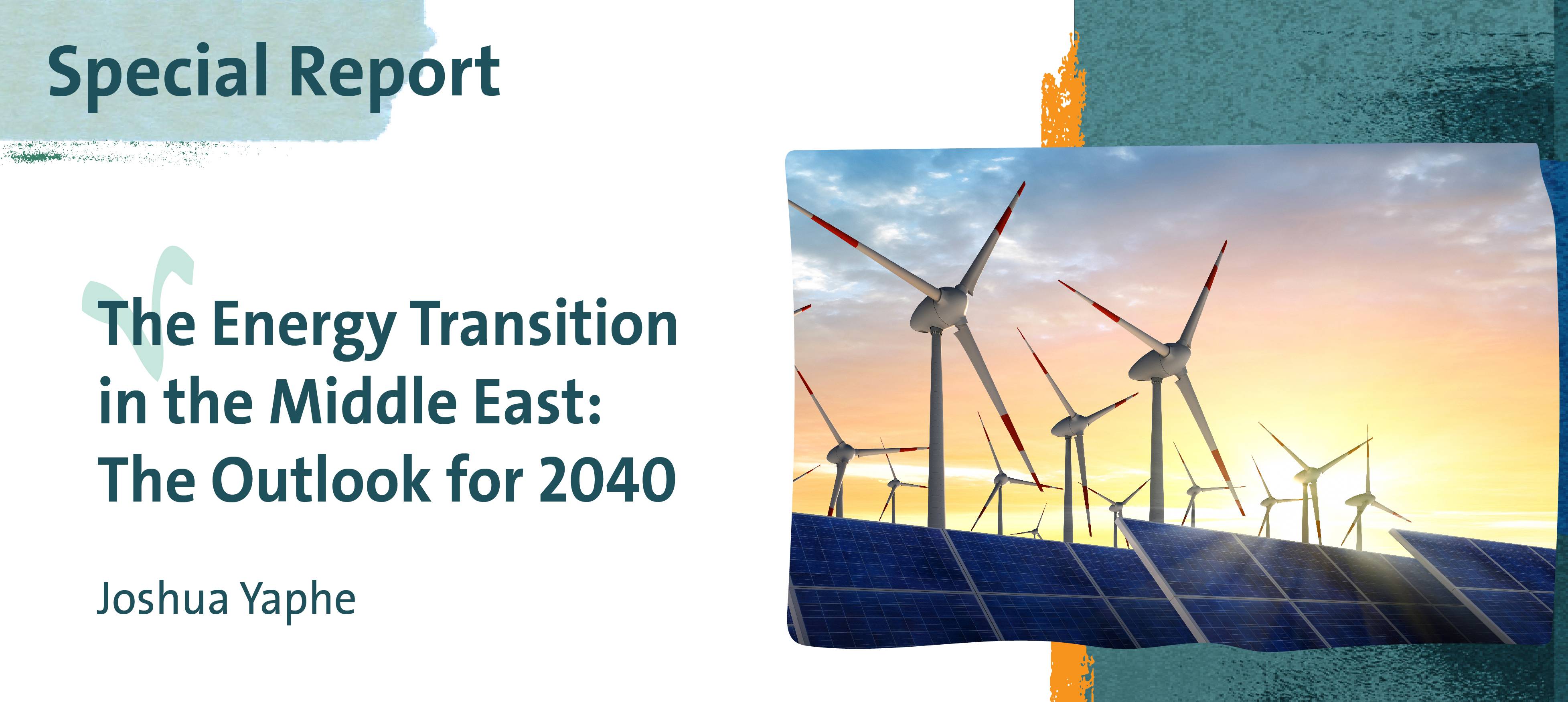
Number:
Author: Joshua Yaphe
Discussions about post-oil planning in the Middle East were rather common around fifteen years ago, when experts sought to focus attention on the need for economic diversification and consultancies aimed to help clients prepare long-term strategic visions. Governments that had the foresight to recognize the scope of the problem and the political will to commit real resources to it, have already begun the lengthy, arduous process of changing public mind-sets, bureaucratic cultures, and regulatory regimes. Some will succeed, gaining a competitive advantage over regional neighbors in terms of technology, efficiency, and productivity, making them valued partners for the internationa

